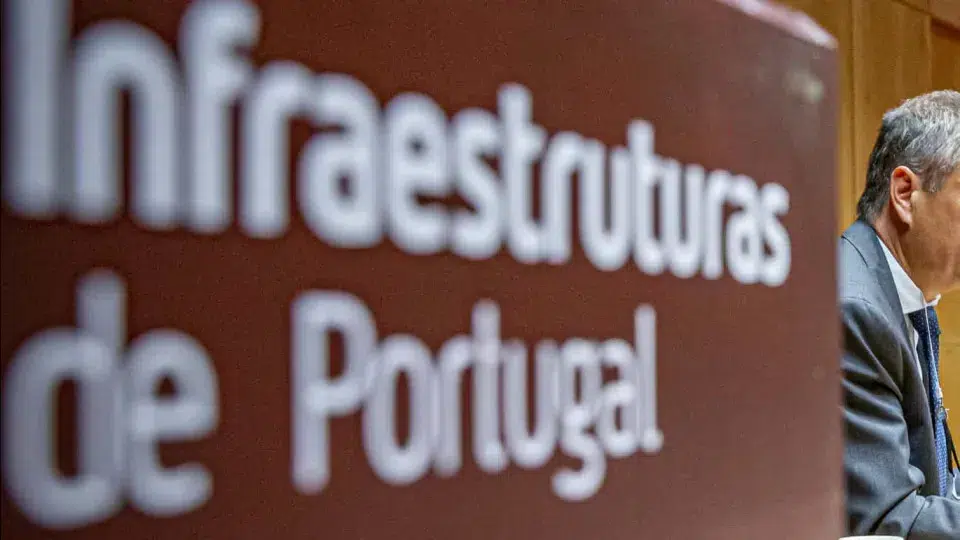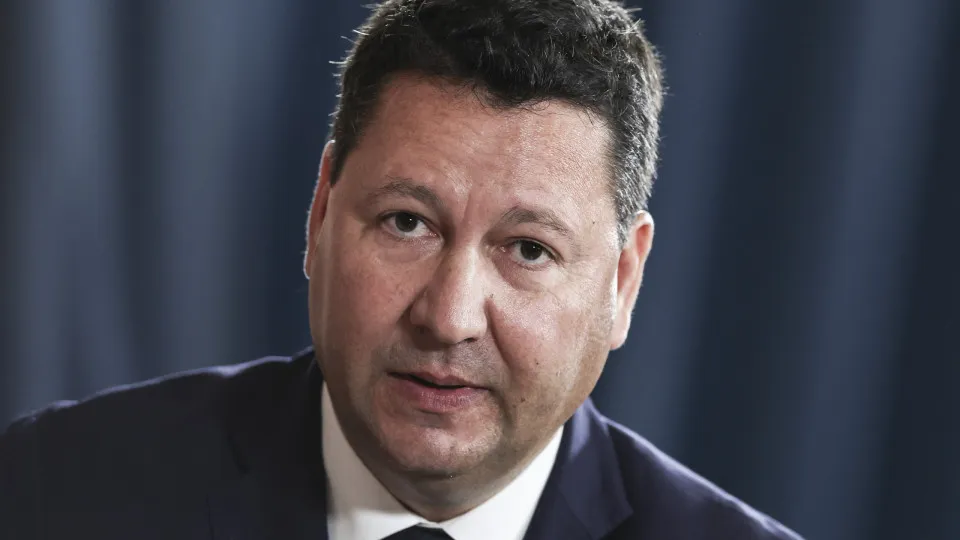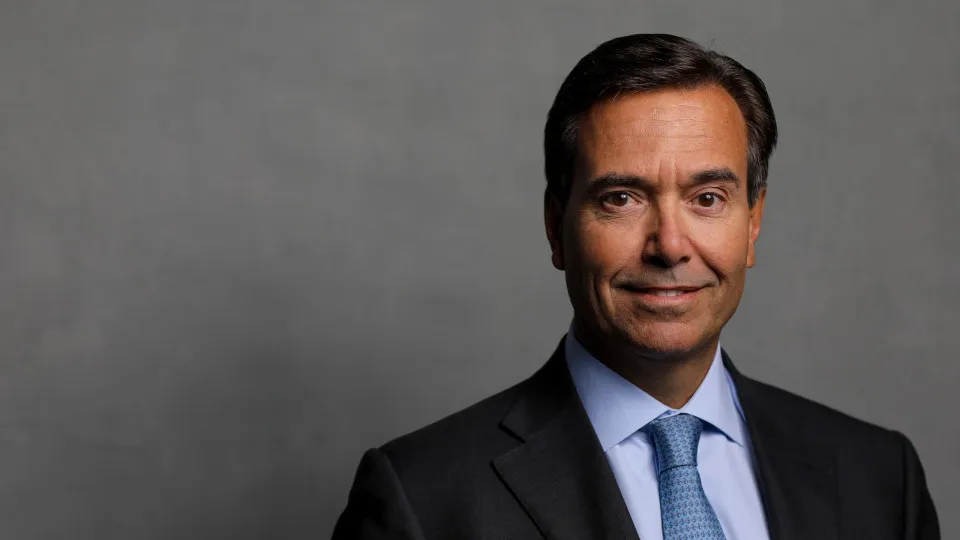
The 8th edition of the ‘Portugal Economic Forum,’ attended by the Secretary of State for Digitalization, Bernardo Correia, was divided into two panels: ‘Founders and Funders,’ focusing on ways to build and expand Portuguese AI; and ‘Portugal’s AI in the Global Scenario,’ which addressed competition and collaboration in the sector.
In the two panels, entrepreneurs, investors, and sector specialists discussed Portugal’s potential, examining how Portuguese AI startups are being built and attracting global investments, the role of Portuguese talent in innovation within the world’s most powerful tech and financial firms, and Portugal’s importance in the international AI ecosystem.
“What we want is to position Portugal as an investment hub for Artificial Intelligence, and we believe we have a country with talent, connectivity, renewable energy, acceptable costs,” outlined the Secretary of State for Digitalization in New York.
“With our movement to reduce bureaucracy and the fact that Minister [Adjunct and State Reform] Gonçalo Matias has declared war on bureaucracy, we also hope to create a more favorable environment for investments,” indicated Bernardo Correia on the event’s sidelines.
The Secretary of State expressed a desire to position Portugal as a gateway for American AI investments in Europe.
“Portugal is a fantastic product in terms of investment. For investors, Portugal is a very interesting destination. And that’s the story we’ll tell here,” he explained.
The first panel of the Forum, titled ‘Founders and Funders’ and moderated by university professor and ARCx founder André Corrêa d’Almeida, gathered consultant and investor Ryan Tabone, senior product director at Expedia, João Menano, BHOUT founder and CEO Mauro Frota, and Lvlup Ventures director Adam Ned.
In his remarks, Adam Ned explained that his investments in Portugal are strategic and directly linked to the country’s potential, such as the “geographic intersection” and “technical knowledge.”
“Talent is everything when investing. Technical ability is one of the most important factors when considering investing, especially in AI,” the investor emphasized.
The second panel, titled ‘Portugal’s AI in the Global Scenario,’ was moderated by Paul Bailo, CEO of Landit.ai and professor at Columbia University, and featured Fabien Curto Millet, Google’s chief economist, Manuela Veloso, Head of AI Research at JPMorgan Chase, and Nuno Carneiro, who leads OutSystems’ AI strategy.
Manuela Veloso expressed a wish for greater collaboration between academia and industry in Portugal.
“Academia is a place of free thought and industry is profit-oriented. That’s the magic that needs to happen: we need that integration of free thought with profit,” the expert advocated.
Google’s economist highlighted that in Portugal, “youth is at the center,” and in this sense, “would love to see AI developed for teaching and education.”
Joana Gaspar, member of the Board of Directors of AICEP, argued that the “friendship and partnership” relationship between Portugal and the United States is crucial to bridging the “creativity and talent of Portuguese companies” with “the scale and financial muscle of the American investor.”
“Hence the focus on this topic. The expected result is for people to meet and break down the myths about Portugal as a country to invest in,” stated Joana Gaspar.
“Sometimes, perhaps they still look at us as a slightly backward country, which is very beautiful for holidays, but from a business point of view is not so interesting. It is necessary to break this myth, because that’s no longer the case, and hope that from these connections and mutual knowledge, business can emerge in the future,” she added.
This year’s ‘Portugal Economic Forum’ also featured the presence of AICEP’s director in New York, Carlos Moura, the Consul General of Portugal in New York, Luísa Pais Lowe, the Consul General of Portugal in Newark, Luís Sequeira, Luso-American state senator Jack Martins, among others.




